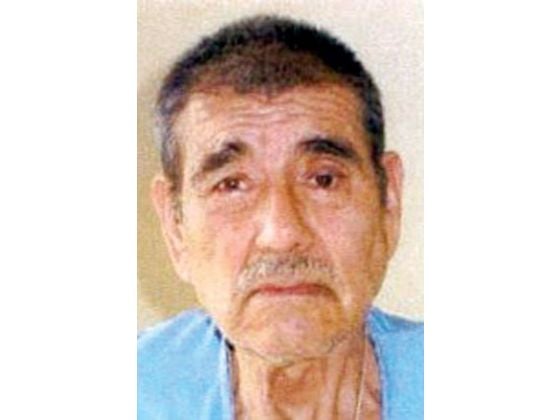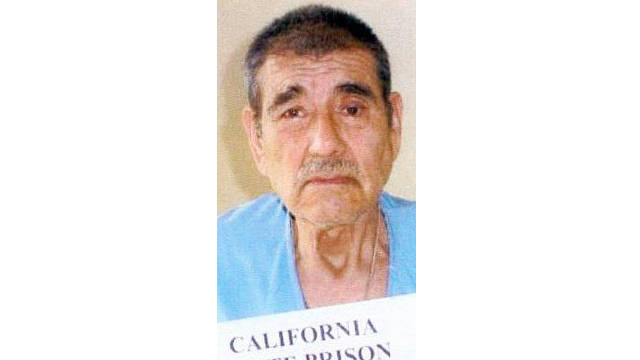

JUAN CORONA TRIAL
In 1972 a Sutter County psychiatrist called Corona acutely psychotic, and in 1976 he was diagnosed by a prison psychiatrist as a 'schizophrenic, paranoid type.'īut in neither trial did the defense assert insanity or diminished capacity. He was confined to a mental hospital for 3 months in 1955. The sheriff quickly announced he was certain of Corona's guilt.Ĭorona had suffered mental problems. He was arrested May 26, 1971, just a few days after discovery of the first of the 25 graves of slain migrant farm workers in peach orchards along the banks of the scenic Feather River. He said they were mostly Caucasian winos 'not worth a penny as farm workers.'Ĭorona came from Mexico with several brothers and settled around Marysville, Calif. He always addressed people, including his own attorneys, as 'mister.'Īfter his first conviction, Corona, in a rare news interview, spoke disdainfully about the work attitudes of the men he was accused of killing. Though his tree is the same, I had hoped I would find something among his documents that would fill in the gaps.Then, for five days, Corona was subjected to cross-examination. Police need the publics help to identity the three female suspects. May 23 in the parking lot of a gas station the 7600 block of Airline in Houston. While I was unable to locate the border-crossing documents that would indicate when he traveled to the United States, several biographies of his life suggest that he was living in the Sacramento region by the 1950s.īased on this initial two-generation tree, there is no relation to the Medina family. Houston police say a woman was chased through a gas station parking lot, knocked to the ground, punched and then robbed. Through my research, I located not only the baptismal record for Juan, but for several of his brothers and sisters, as well. Juan Corona was born on Februin Ayutla, Jalisco, Mexico to parents Sebastian Corona Larios and Cándida Vallejo Uribe. So, I began by building the family tree of Juan Corona. However, it's not an impossible place to begin - they knew each other and lived in the same small town near Guadalajara. I meet a 'cousin' at nearly every genealogy conference I attend. The term, 'cousin,' of course, does not make for an easy starting place in genealogical research. With no recollection of exactly how they are related, my husband's aunts and uncles do know that Natividad was called 'cousin' by their father, Jose Jesus Medina, and was a 'padrino' to one of them. While they spent years of their youth with Natividad, they knew very little of Juan. The Medina family remembers Juan Corona as the brother of their 'cousin' Natividad Corona. For now, let's move onto the Medina family, and their relationship to the enigma of Juan Corona. In short, nothing is ever as simple as it seems. Juan Corona, the hard-working laborer and honorable father, unjustly punished by adversity." This well-researched piece provides an apparently unbiased look at the many facets of the case: the overtly ambitious sheriff, the unreliable witnesses, incompetent defense lawyers, the damning evidence, and Juan's battle with schizophrenia. According to this journalist, "deep down, no one is evil.

Because it was published before the verdict was handed down, it offers a unique, early perspective. I decided to begin my research with the magazine article given to me by my husband's aunt.

And yet, the question of his guilt has been examined by countless lawyers, authors, and internet fanatics many times in the nearly 45 years since his conviction. Of course, the official record shows that Juan Corona was convicted of these crimes in two separate trials, nearly a decade apart.


 0 kommentar(er)
0 kommentar(er)
